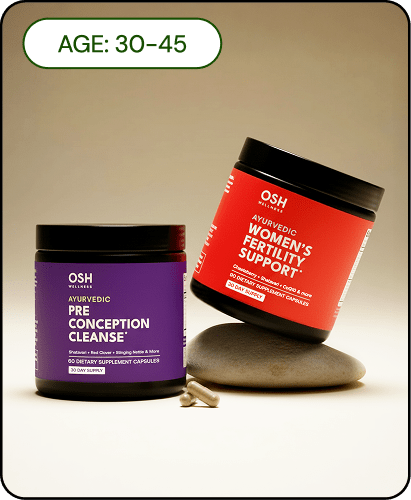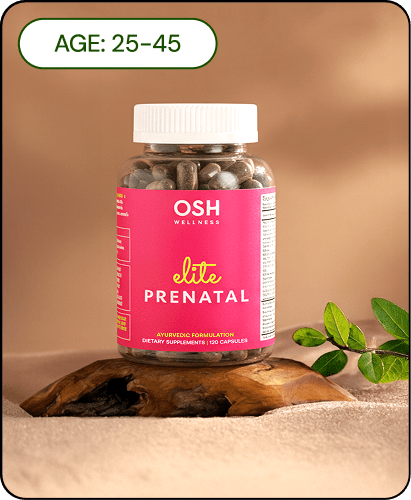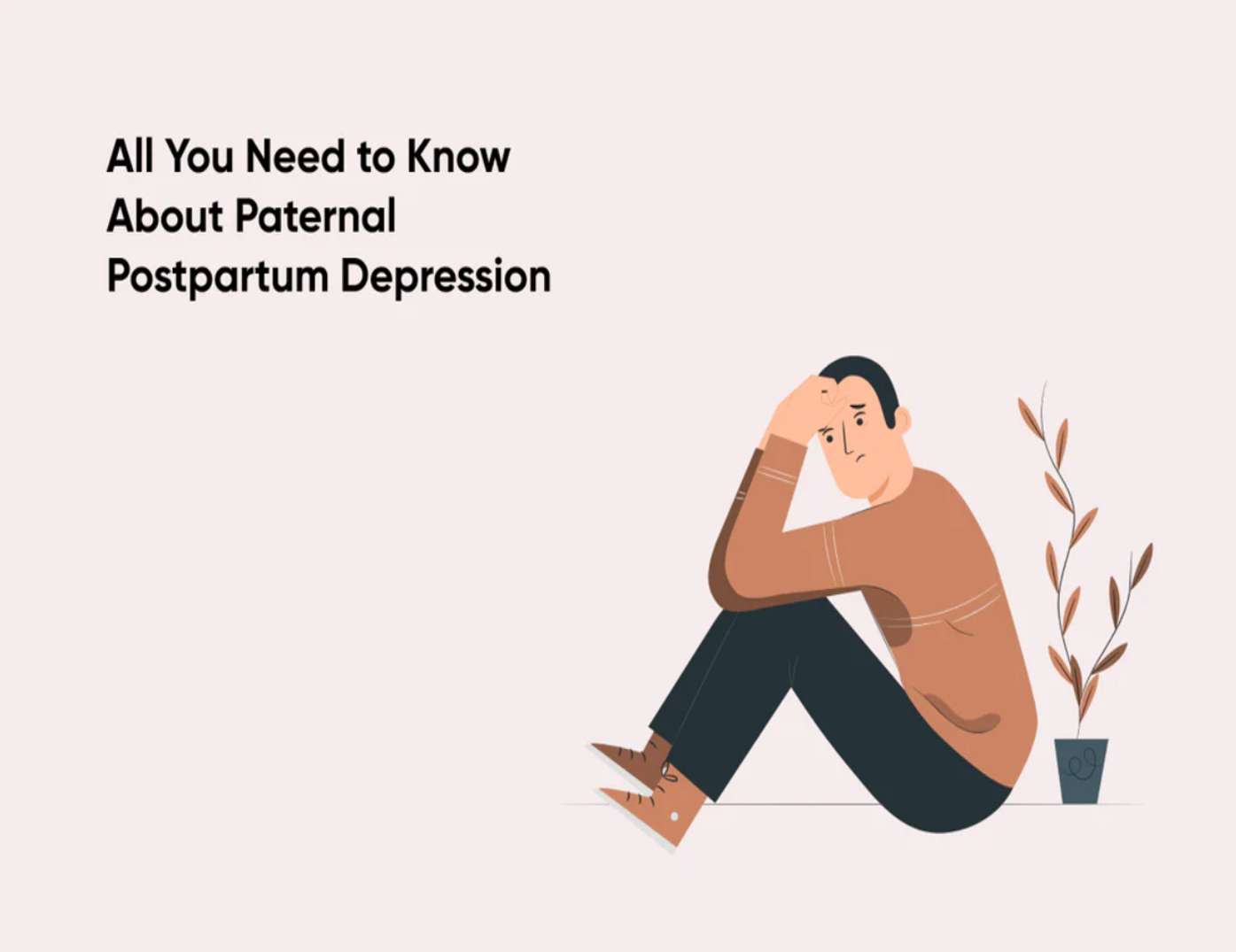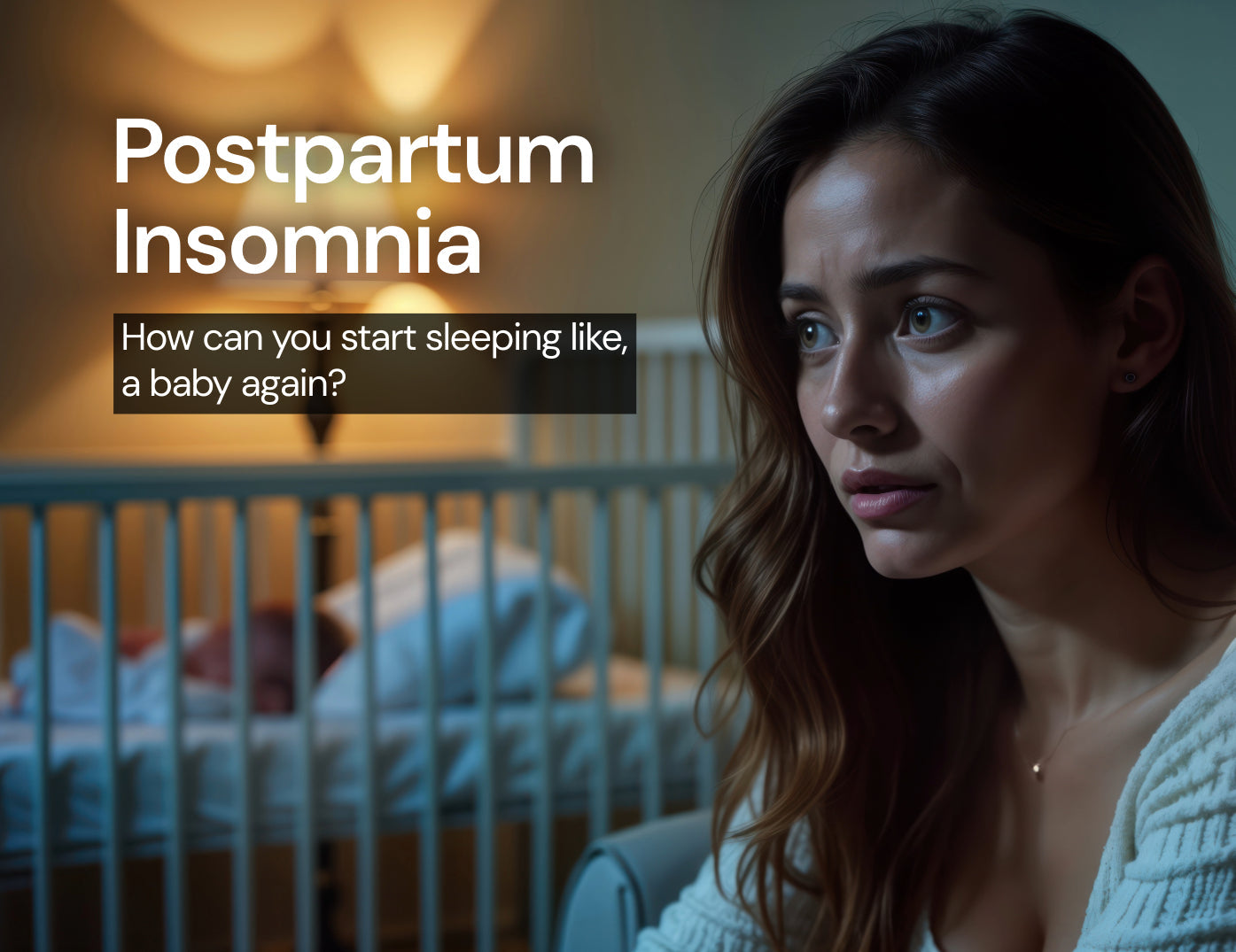Table of contents
Many of us have heard about postpartum depression. Mom’s are stepping forward now more than ever to shed light on this once rarely discussed issue. However, fathers are still largely left in the dark.
Paternal postpartum depression is a real thing, and new dads need support too. The changes that a mother goes through most times are physically apparent, making it easier to recognize her need for support. And in most cases, much of the newborn care falls on the mom, so it is understandable that she would have to deal with significant emotions.
However, fathers often experience these same feelings. Taking care of a child is a very natural thing, and many guys make wonderful fathers, but the initial jump into fatherhood can be quite jarring.
Paternal Postpartum Depression is Real
In an extensive study of over 28,000 participants, one report found that almost 10% of fathers experienced symptoms of depression. These feelings were recorded to begin as early as the first few months of pregnancy. For dads who were three-to-six month postpartum, the number of dads experiencing such symptoms was as high as 26%!
Hormonal shifts usually trigger postpartum depression in mothers, but the factors behind paternal postpartum depression are still being studied. New fathers do go through a slight hormonal shift during pregnancy and postpartum, but outside factors are also likely to blame. Lack of sleep, high stress, and the pressures of providing for a family can all play a role.
What Are the Signs?
Paternal Postnatal Depression (PPND) goes beyond just the Daddy Blues. It is normal to feel a little exhausted and overwhelmed with a new baby at home. But it usually isn’t anything a nap or an outing with friends can’t fix. Unless it is postpartum depression.
PPND doesn’t resolve as easily, and symptoms linger, generally longer than two to three weeks. Feelings tend to be more severe and aren’t easily fixed by going to the gym or catching a few hours of zzz’s.
Commonly reported symptoms include:
- Sadness, unexplained anger, agitation, and irritability
- Repetitive fears and worries
- Feelings of worthlessness or being overwhelmed
- Loss of interest in things they once enjoyed
- Engagement in risky behaviors or throwing themselves into new activities (like working 60-hour weeks)
- Shortness of breath
- Heart palpitations
Sadly, these symptoms can hang around for months. And postpartum depression often only gets worse if untreated. It can be difficult for both the new mother and the baby. An already hormonal mom may have a hard time dealing with both her emotions and those of her partner. Also, dads suffering from PPND tend to be less involved with their little ones.

How Can I Support a New Dad?
It's clear that PPND isn’t good for anyone, the father, the mother, or the new bundle of joy. So, how can you help a new dad or dad-to-be?
The most important thing is that they receive the help they need. Sadly our society seems to stand by the myth that men should be tough, stoic, and generally just ride things out. But those suffering from PPND can greatly benefit from seeking professional help, especially in the form of talk therapy.
You should gently encourage whoever you are concerned about to reach out to a professional, even if it is just to talk things over.
But remedies range from the clinical to the holistic, and a few at-home practices may also be beneficial. You may share the following tips:
- When family members offer to help with the baby or duties, say YES
- Talk with other friends or family members who have gone through having a new baby
- Take time for yourself and do something you enjoy
- Spend one-on-one time with your little one to strengthen your confidence
How Can a New Father Help Mom?
There are times when feelings of not being able to help and support the family can trigger feelings of inadequacy in dads. They may find themselves clueless on how they can help the mother and the baby.
Even though postpartum depression is difficult, it is important to recognize that neither the mom nor the dad is alone in the struggle. They are parents to a beautiful new baby, who probably also happens to be very demanding.
Both individuals need to listen to one another and help each other. A few ways that postpartum fathers can assist new mothers are:
- Offer reassurance and comfort that she is not alone and things will get better
- Help with housework (before being asked if possible)
- Help her to reach out to others
- Encourage her to take time for herself
- When she is nursing or comforting the baby offer her food and drink
- Show simple affection and support
You Are Both In This Together
Keeping the lines of communication open is essential. You will likely both experience frustration at some point. Let each other know that you hear one another and you are listening. There are a few simple things you can do to support one another.
Helping one another is a win-win for everybody. The mom feels supported, and you may feel accomplished. Share the responsibility by giving each other breaks. This will take a burden off both of your shoulders. The person on break can receive a much-needed rest while the caregiver improves their parenting skills and confidence!
Sometimes, postpartum anxiety stems from an inability to help or slow learning speed. Much of caring for a newborn can come naturally to mothers. But for dads, it is a journey. Take time to learn and practice, and every family member will benefit!
Parenthood may not be easy, but it is definitely worth it!








